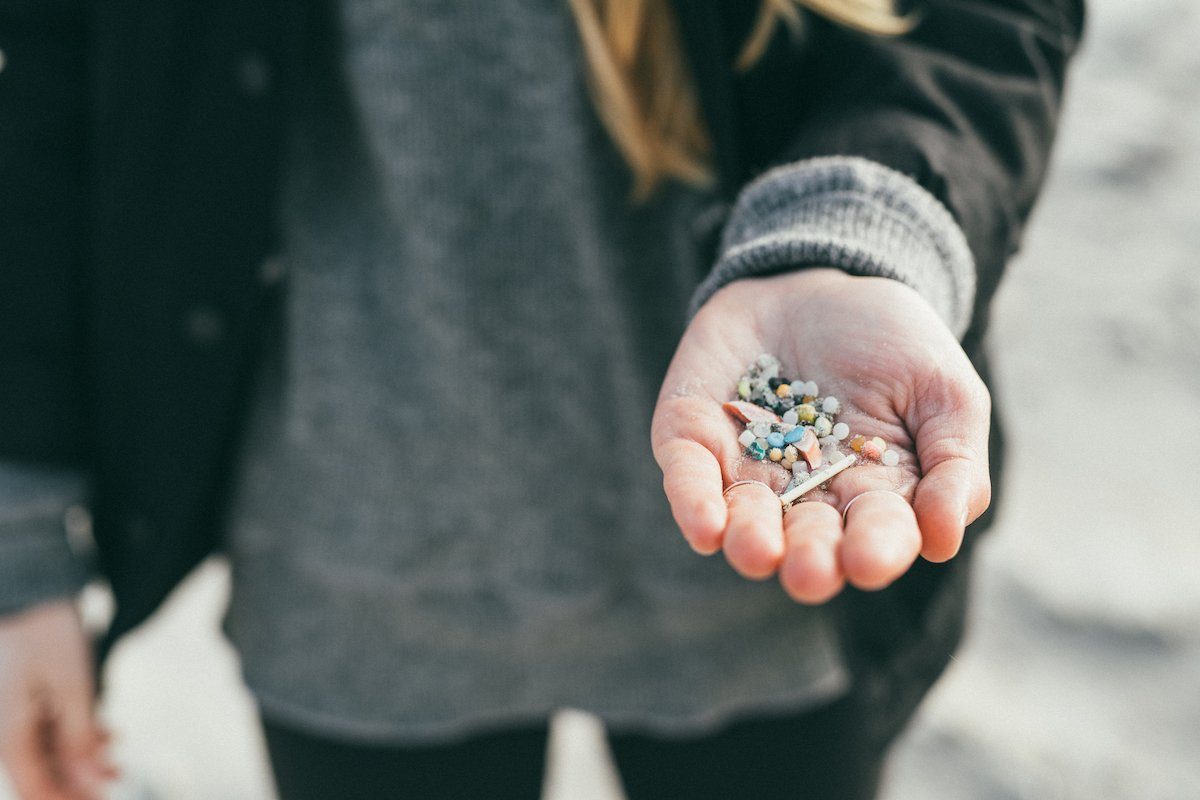From the beaches of Bali and our own coastline, to international freediving excursions and even the remotest stretches of sand, there’s a clear global issue. Plastic pollution is damaging our ecosystems, whether it’s leaking toxins, creating an island of plastic in the Pacific, or causing great harm to our incredible wildlife through ingestion.
Since 2011, Plastic Free July has been challenging people to go plastic-free for the month. Providing educational resources on how to minimize your waste day-to-day. And creating a community that supports and inspires one another to do better. Something we can undoubtedly get behind. An initiative grounded in the hope that these new habits will continue beyond the month’s end.

Evident Environmentalists
With a mission to leave it better than we found it, our community are evident environmentalists. Caring greatly about contributing to the natural environment that does such benefit to us on a daily basis. And challenging the climate crisis we are now faced with. This July, and beyond, we’re sharing our best tips on how to live more sustainably. Something that also plays a part in our gear being made in Canada — a more sustainable and eco-friendly choice than our production line being overseas.
We believe it’s time to get drastic in the face of climate change. Whether we’re making our daily commute or heading out for a multi-day adventure, we’re committed to finding ways to go plastic-free. During this pandemic, it can be hard avoiding as much single use as we might usually. But we’re committed to doing our best, and encouraging others to do theirs.

Eco-Friendly Adventures
- A solid place to start is by swapping out your disposable mask for our linen-cotton blend The Mask.
-
For coffee, we go for the double walled stainless steel Kinto Travel Tumblr. Available in 350ml or 500ml, in four different colours.
-
And for water, it’s our high impact-resistant BPA-free Nalgene Bottle. Which comes in a myriad of colours, like Seafoam and Rhubarb, with our iconic Sitka tree logo.
-
For our groceries, we love supporting our local farmers’ market. Using our sturdy and aesthetically pleasing waxed cotton canvas Market Tote. Our best alternative to single use shopping bags.

-
Eating on the go? Durable, reusable Ekobo is made from bamboo sawdust—eliminating the waste that usually comes from making disposable bamboo chopsticks. Available in a Plate, Cereal Bowl, or two styles of Bento Box.
- And when it comes to cutlery, we go for our utilitarian 3-in-1 handy Camp Utensil. Or if you’re a spork fan, then the all-in-one Snow Peak Spork is for you.
-
Unless we’re needing chopsticks. In which case the foldable bamboo and stainless steel Snow Peak Wabuki Chopsticks are what we’ll rely on for years of sushi and noodles to come.
-
Replace plastic cling film wrap with beeswax Goldilocks wrap. Made locally in Victoria, BC in fun, nature-inspired patterns like mushrooms and sharks.
-
Slow down a little on the road — swap your to-go coffee for a tailgate caffeine fix, or revive friends beside the campfire, with our Snow Peak Coffee Drip.
- More of a french press kind of coffee drinker? No problem — we have you covered there too with the Snow Peak French Press. Beans from Victoria roastery Bows & Arrows is our go-to, further supporting hyperlocal business.

Fighting Microplastic Fibres
But it’s not just the evident plastic that we need to be replacing. Tiny microplastics are entering our waterways at an alarming rate. As many as eight trillion a year in the US alone according to a 2015 study. Passing chemicals and harmful pollutants into both human and animal food chains and water supply. Microplastics are now even showing up in areas of snowfall where they’ve been cycled through the air from our oceans.
And one of the biggest sources is actually clothing and other textiles. That’s why at ecologyst we’re focused on finding all-natural alternatives to harmful petrochemical clothing that are still (if not more) functional and long-lasting, but also kind to both people and our planet.
You’ll find us in gear made from biodegradable, temperature-regulating and odour-resistant wool. And when it comes to cotton, we only opt for certified organic cotton. Which not only avoids the negative environmental impacts of conventional cotton, but is also softer and more durable. This year we’re also experimenting with other innovative eco-friendly fibres, such as Tencel. With our breathable and soft Tencel Short (women’s here) proving to be an instant hit with our environmentally-minded community this summer.
Ecologyst Films
Beyond replacing single use and microplastics, we’re passionate about bringing awareness to, and education around, environmental issues in a creative way. Have you seen our eco film Plastic Beach? A collaboration between our Sitka Society for Conservation and Clayoquot CleanUp. Plastic Beach documents the issue of plastic pollution within the UNESCO World Heritage Site of Clayoquot Sound.
And we have another environmental short film on the not so distant horizon with the issue of microplastics front-of-mind. Join us on Instagram and Facebook so as not to miss out on exciting updates. And sign up to our email below to stay in-the-loop on all things ecologyst community (with exclusive insights and offers direct to your inbox you won’t find anywhere else).



